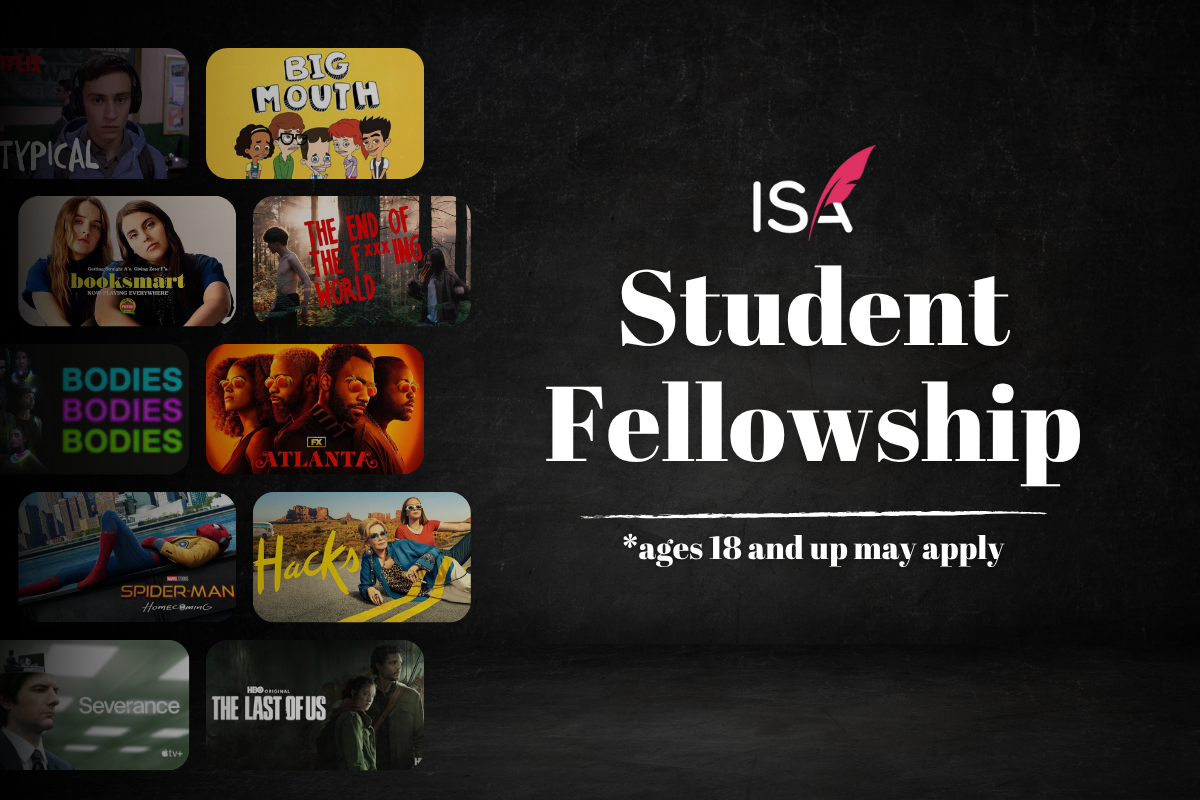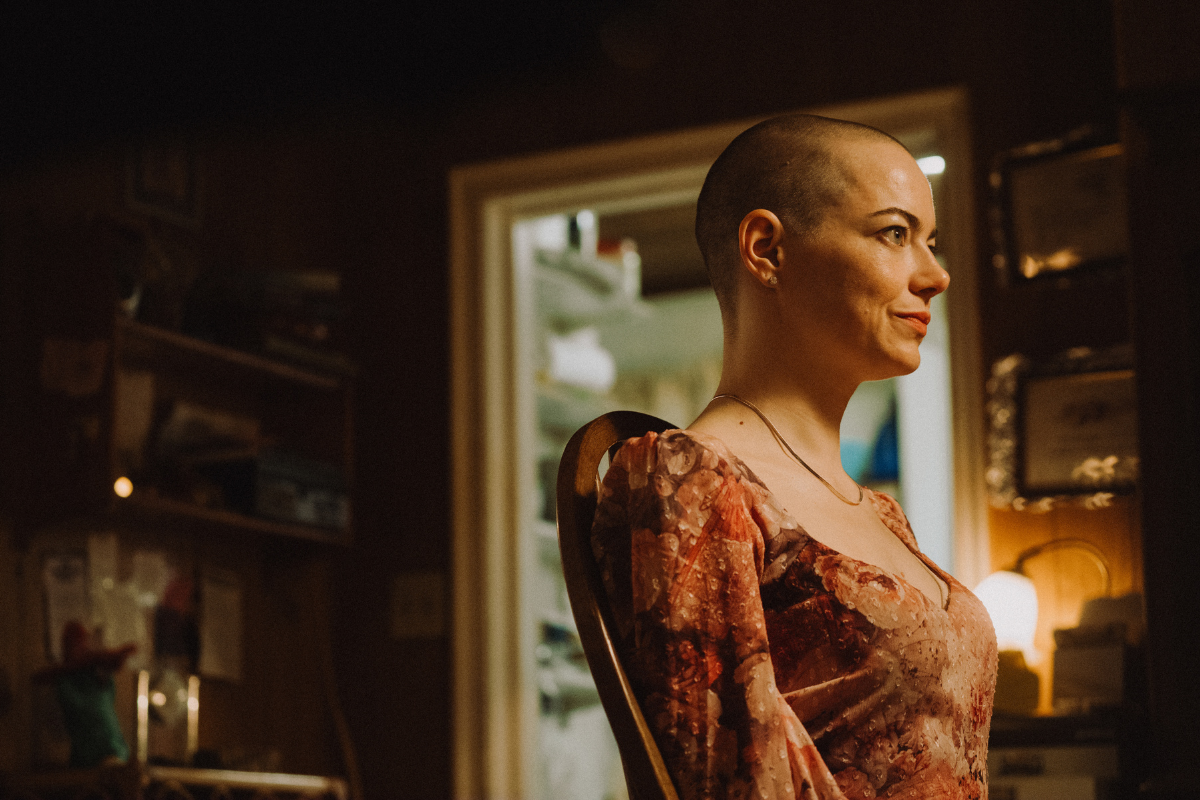How To Find And Lose An Agent At William Morris
How does one get an agent at a big time agency, and how do you fall out of love with that same guy just a few years later? Hold on now, next stop 1995.
Paul Peditto authored the book The DIY Filmmaker: Life Lessons for Surviving Outside Hollywood, wrote and directed the award-winning film, Jane Doe, starring Calista Flockhart and has optioned multiple scripts to major companies. He teaches screenwriting at Columbia College-Chicago, has professionally consulted on thousands of screenplays since 2002. Follow Paul at www.scriptgodsmustdie.com and on Twitter @scriptgods.
In researching Lit Agents for the book I wrote, The D.I.Y. Filmmaker, I came across the name of Bill Contardi. All kinds of nostalgia poured through me. Hadn’t thought about Bill for a looooong time, not since my days at William Morris.
To all you Weisenheimers who are saying—it’s William Morris ENDEAVOR—allow me to take you back to the pre-Recession era when itwas just William Morris. Even as I jam you into the way-back Irrelevance Machine and set the dial for 1995, I promise this will be a life lesson you can use in the here and now year of 2017. How does one get an agent at a big time agency, and how do you fall out of love with that same guy just a few years later? Hold on now, next stop 1995.
I had already been with—let’s call him Michael Steepanich—at Writers and Artists Agency. I’d like to say Michael helped set up the deal to make my movie Jane Doe happen, but he really didn’t. That deal happened with $90,000 first money anted up by my old man. This was followed by $150,000 from that now fabulously bankrupt outfit, Unapix Entertainment. We’ll talk about financing another time—point being just as we were prepping to shoot Jane Doe, I was leaving Writers And Artists.
Asking whether one leaves an agent or is asked to leave is kinda like asking who started marriage divorce proceedings. A moot point. You lose faith in the agent. Performance expectations not met. Phone calls not answered. You start to make false assumptions, like wondering if your stuff is being sent out at all. Like thinking all agents do is lunch at Eggo or Spa. From the agent’s POV, it might be the absurd demands of a psycho client who won’t stop calling, who doesn’t recognize they have other clients, clients who bring in a hellava lot more dough than the mistake of a client who won’t stop calling-emailing-texting. This particular divorce wasn’t all that painful, as I recall. We both just kinda knew it was time to move on.
So there I was in Aurora, Illinois, working the graveyard shift on the Hollywood Casino boat. I had no agent. But I had some stories. While we ramped up pre-production on Jane Doe, I wrote a script called Crossroaders about casino thieves. It was an insider’s look at dice thieves written by an actual casino dealer, so it had some authenticity. It was also a rarity. To my knowledge no dice dealer had ever written on the subject of the dice pit. This was probably because at 4 in the morning when the shift ends, 98% of dealers head for a whiskey bottle, others for a jolt of cocaine, most of us for a good long shower to wipe the stench of the shift off our bodies. It ain’t Oceans 11…
I finished Crossroaders and, believe it or not, started sending out query letters. Maybe there was something to the ignorance of not knowing that 499 out of 500 of those letters will be rejected. So, I sent them out. I had some theater credits but nothing in film, so this was the coldest of cold calls.
New York City, a week later. Bill Contardi had just come to William Morris from the world of books. He was a Lit Agent who had only recently moved to Morris and was looking to build his client list. He also had a personal appreciation for both caper films and casino movies. So Bill read my letter and asked the see the script. I sent the hard copy (pre-PDF prehistoric times!). He liked it, enough to ask for a meeting. I came to New York, we met, a week later I was signed with William Morris.
Let's be clear though...this was another time. Today the idea of a William Morris agent reading and responding to a query letter like this is dubious at best. My point is—and the takeaway for you— is that I was proactive. I didn't wait for the phone to ring. I went out and made it ring myself with the damn 500 to 1 query letter.
There is no alchemy here. I wrote a casino heist movie from an inside POV, original and tight. I sent it to a guy who enjoyed that genre who was looking to build a client list. End of story. But if any part of that equation falls away—if the script wasn’t tight, if Bill didn’t dig casino flicks, or if he wasn’t, at that exact moment, looking for clients—then I don’t sign with Morris.
Your spec script gets you the agent, but it’s more likely the first movie you’ll write will be someone else’s project. You will be categorized as a writer of drama, comedy, horror, thrillers…and will get sent out on meetings. You’ll take these meetings with development people, pitch your take on their projects, and if you're lucky, get hired for your first credit, which will get you into the Writer’s Guild.
Taking L.A. meetings whilst living a double-life as a craps dealer in Aurora, Illinois was challenging but not impossible. Let me repeat that: I did not have to live in L.A. to take meetings. Now, a qualifier: These meetings weren’t daily or even weekly. We’d arrange them over a couple day period where I could move in and out of town. Had I been hired for one of these projects, sure, it also would have necessitated staying in L.A.. Write me a six-figure check, I’ll learn to live in your damned town. Meanwhile, I’ll stick with this overly simplistic but workable mantra: Don’t go to L.A. until you’re invited.
Through Bill and the William Morris cache Crossroaders was optioned quickly at Haft Entertainment (Dead Poet’s Society, Emma). They started us out at $5,000 per year, then re-upped at $5,000 for two years. They came close to finding financing, including attaching a name director and pursuing name actors, but it never quite happened.The saga of Crossroaders is a story best saved for another time. Suffice to say by the fourth year Haft Entertainment only offered us $1,000 for two years. They hadn’t given up on it entirely, but their lowball offer brought a response from Bill, I remember to this day: “It speaks to your level of commitment on the project.” Their offer (or non-offer) said it all. We rejected the offer. It was time to move on. Little did I know I’d soon be moving on from William Morris too.
Crossroaders never got traction and went unoptioned. My movie Jane Doe had long since come and gone without critical acclaim and Bill just wasn’t excited about the follow-up scripts I was writing or projects I was pitching him. For my part, I couldn’t understand his dispassion and distance. Maybe the scripts-concepts were strong, maybe not. That’s the bitch about writing… the response is purely subjective. If I’m jazzed about a new project and you’re not–where do we go from there? Whilst we tried to find some objectivity it was pretty evident four years later that for whatever reason, the honeymoon, the magic, the juice—was gone. You know when it’s over.
Post-script: Our break up was amicable and mutual. Bill went back to the world of books and I ended up getting off the casino boat, beating it out of Aurora, Illinois and those 2 a.m. blue-haired slot-playing ladies. Some of my projects became plays, others got made as micro-budget movies.
The takeaway? I rage about the long odds query letters a lot, how you need to start looking away from the front door of Hollywood and these Old School ways, and to try scheme a new way considering today’s Digital landscape. The irony is, I got William Morris with a query letter. Despite the odds against you, it can happen.
Here's all you have to do: Put the exact script, in the exact hands, at an exact moment in time.
Get your story on the page with the help of Paul Peditto's Screenwriters University class
PAUL PEDITTO is an award-winning screenwriter and director. His low-budget film Jane Doe starring Calista Flockhart won Best Feature at the New York Independent Film & Video Festival. He just finished production (Nov. ’24) on Dirty Little Secrets, a $350,000 dollar Indie feature shot in Chicago. Six of his screenplays have been optioned including Crossroaders to Haft Entertainment (Emma, Dead Poets Society). He recently wrote and produced the micro-budget feature Chat, currently distributed on TUBI, iTunes, YouTube, and Dish Network by Gravitas Ventures.
Over the past decade, Mr. Peditto has consulted with over 1,000 screenwriting students around the world. He has been a Featured Speaker at Chicago Screenwriters Network, Meetup.com, Second City, and Chicago Filmmakers. He has appeared on National Public Radio and WGN radio, and reviewed in the Chicago Tribune, Chicago Sun-Times, L.A. Times, and the New York Times.
Peditto is an adjunct professor of screenwriting at Columbia College. Under his guidance his students have written and produced films that have appeared in major film festivals, have semi-final placings at Nicholl Fellowship, and have won awards and screened at film festivals around the country. His new book, The DIY Filmmaker: Life Lessons for Surviving Outside Hollywood is available through Self-Counsel Press on Amazon. Follow Paul at www.scriptgodsmustdie.com and on Twitter @scriptgods.







